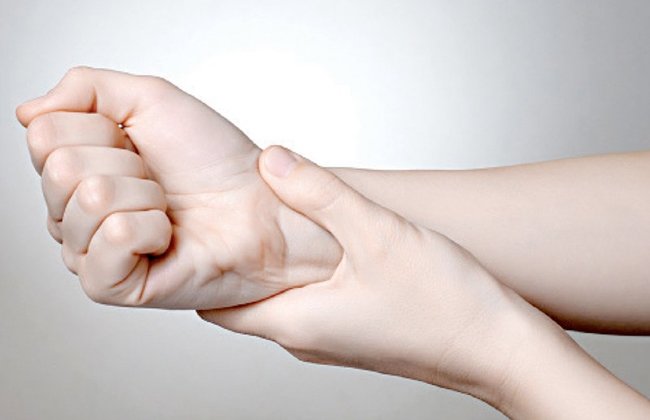
Benefits and symptoms of vitamin D and its importance to humans and treatment of its deficiency
Vitamin D is one of the most important essential vitamins in the human body. It is largely responsible for the balance of all minerals in the body, especially calcium and phosphorous. It also works to control the entry and exit of important minerals in the muscles. It also regulates the process of cell growth and helps prevent the growth of cancer cells in the body. Take care to boost vitamin D in the body.
The importance of vitamin D

It is one of the most important vitamins necessary for the body. It is also a hormone that the body produces when exposed to sunlight. This hormone provides the body with many benefits, including:
⦁ Calcium absorption in the body.
⦁ absorption of phosphorous in the body.
⦁ Protects against rickets.
⦁ Protects against high blood pressure.
⦁ Helps with memory power.
⦁ Protects against heart disease.
⦁ Protection from diseases of aging.
⦁ Strengthening teeth and bones.
⦁ Maturation of bone cells.
⦁ It fights cancer cells.
⦁ Strengthens the immune system.
Symptoms of Vitamin D deficiency

There are many symptoms that appear on a person with vitamin D deficiency, the most important of which are:
⦁ Always feeling tired and lazy.
⦁ Constant pain in all parts of the body.
⦁ Osteoporosis.
⦁ Frequency of disease.
⦁ Wounds do not heal quickly.
⦁ Frequent hair loss.
Constant headache.
⦁ Disturbance in the menstrual cycle.
⦁ Psychiatric disorders.
Infections in the intestine.
⦁ exposure to Alzheimer's.
⦁ Weight gain.
⦁ Exposure to diseases of the liver and kidneys.
⦁ heart attacks.
⦁ Exposure to bouts of depression and mood swings.
⦁ Exposure to broken bones easily.
Causes of Vitamin D deficiency
The causes of vitamin D deficiency are as follows:
⦁ Malnutrition and not eating healthy food.
⦁ Not enough exposure to sunlight.
⦁ Getting old.
⦁ obesity.
⦁ Use of epilepsy drugs.
⦁ Genetic diseases.
⦁ Kidney dysfunction.
The digestive system does not absorb vitamin D.
Vitamin D deficiency treatment
There are many ways to treat vitamin D deficiency, including:
⦁ Sufficient exposure to sunlight.
⦁ Eat foods that contain vitamin D in fish, dairy, egg yolk and liver.
⦁ Take supplements that contain vitamin D.
⦁ Take vitamin D injections after consulting a doctor.
At the end of the article, we have learned what vitamin D is and that it is one of the most important vitamins that the body needs. We also mentioned the causes and symptoms of vitamin D deficiency and how to treat and deal with it properly.





































